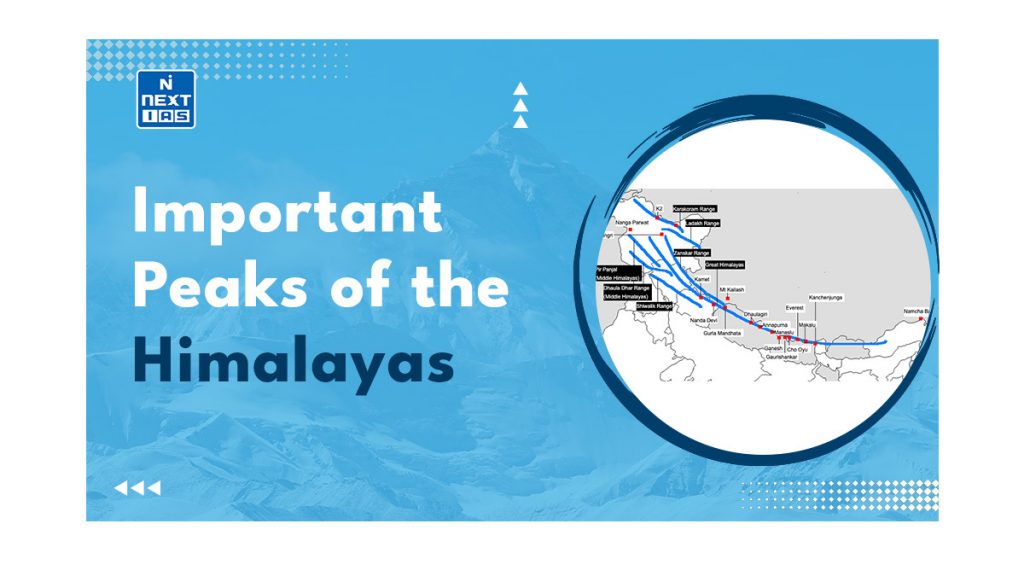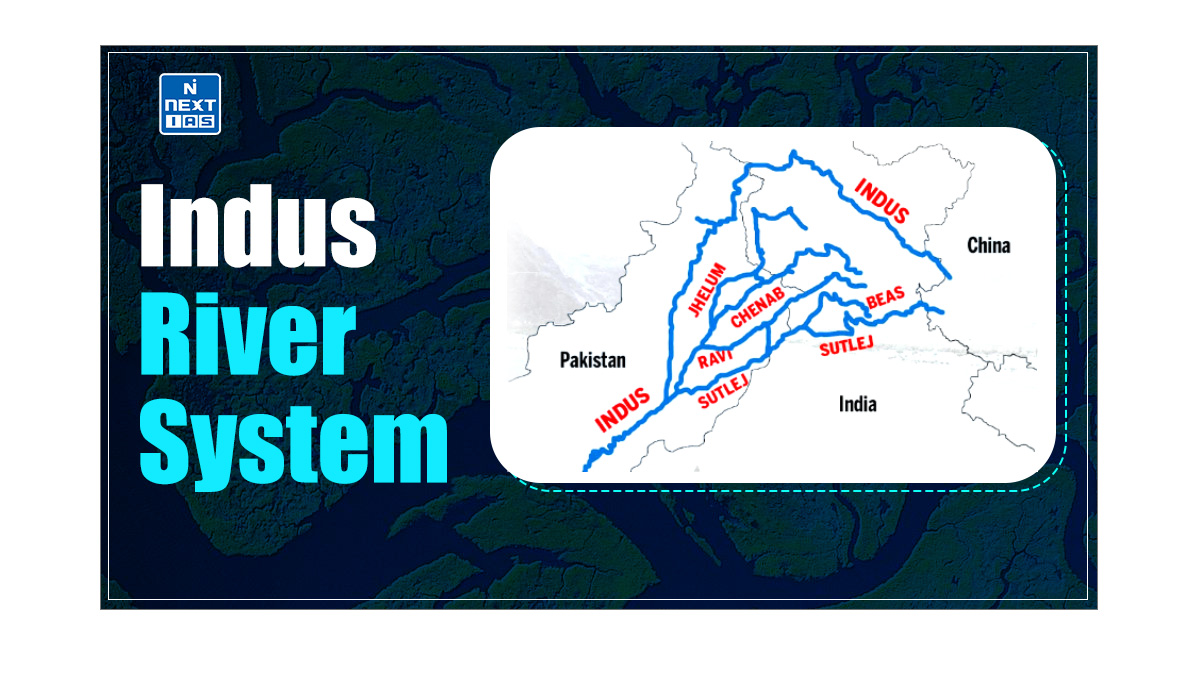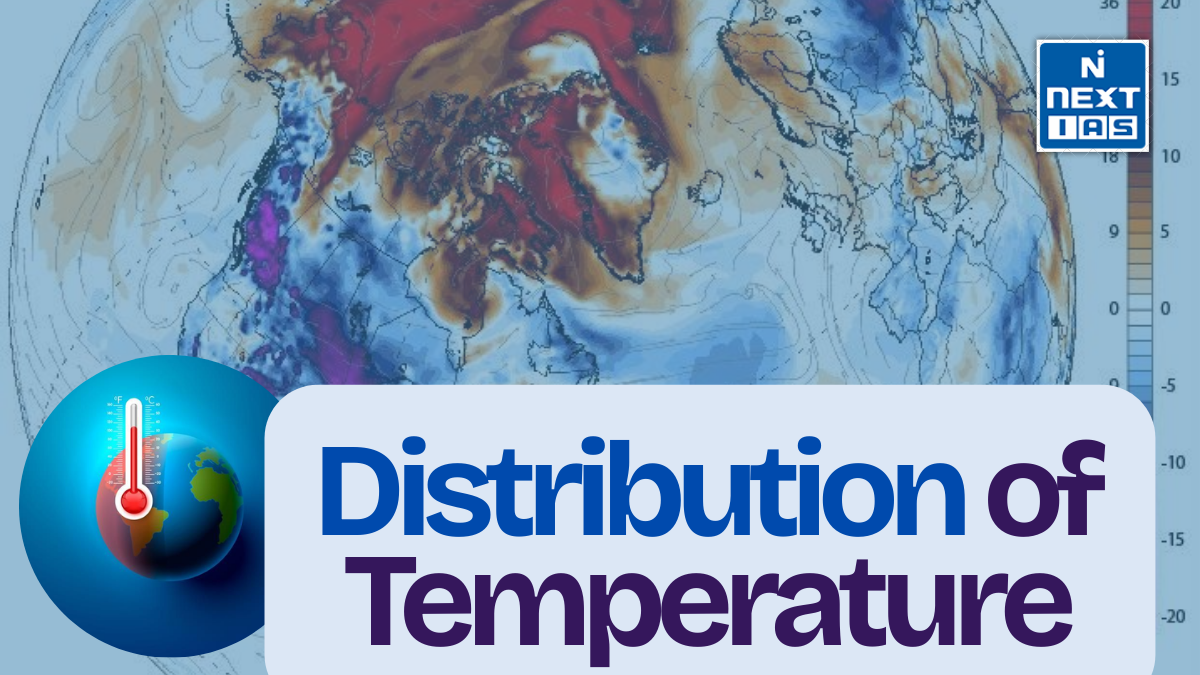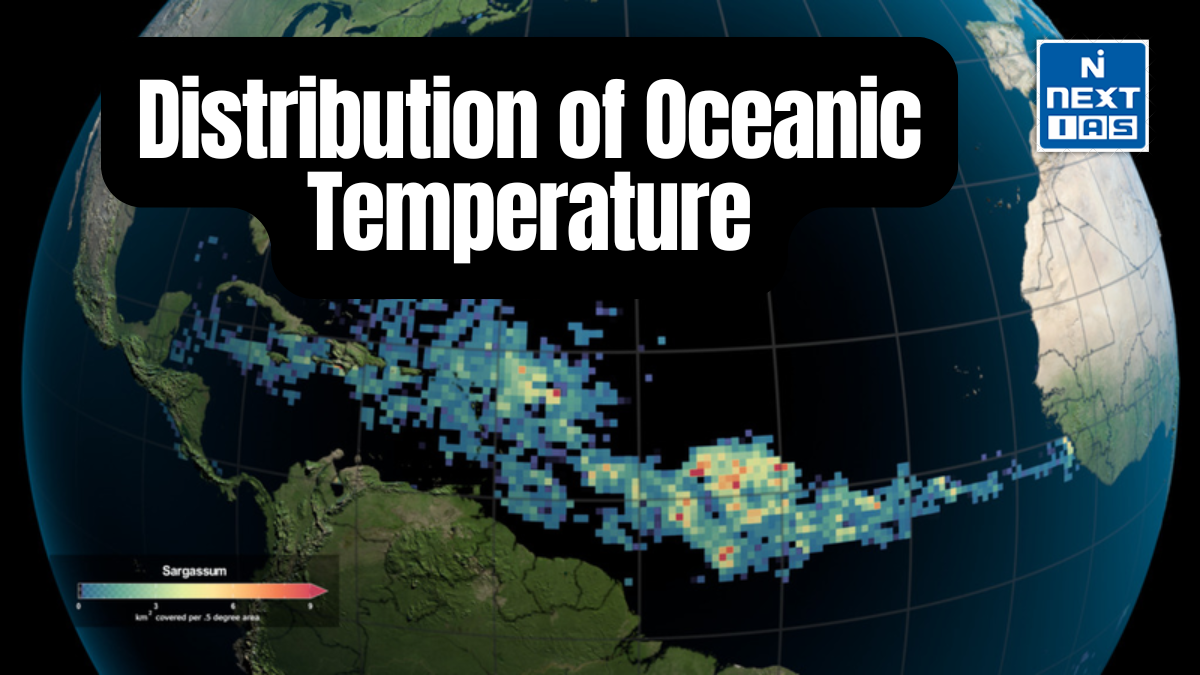
Explore the awe-inspiring peaks of the Himalayas and learn about their heights, locations, and unique features in this detailed guide.
About Mountain Peak
A mountain peak refers to the pointed top of a mountain or ridge. The Himalayas with their heights extending thousands of meters possess prominent peaks which form an attraction for mountaineers.
In this article, we shall comprehensively study the important mountain peaks of the Himalayas including their height, mountain range, location, and related information.
- Mount Everest
- Height: 8,848.86 m
- Mountain Range: Mahalangur Range
- Location: It is located on the border between Nepal and the Tibet Autonomous Region of China.
- Description: It is the highest mountain peak in the world. It is commonly known in Tibet as Chomolungma which means “Goddess Mother of the World” or “Goddess of the Valley.” Its Sanskrit name Sagarmatha means “Peak of Heaven.”
- K2 (Mount Godwen Austen)
- Height: 8,611 m
- Mountain Range: Karakoram Range
- Location: Gilgit-Baltistan region
- Description: It is the world’s second-highest peak, second only to Mount Everest. It was given the symbol K2 because it was the second peak measured in the Karakoram Range.
- Kanchenjunga
- Height: 8,586 m
- Mountain Range: Greater Himaoyas
- Location: It lies between River Teesta in the east and River Tamur in the west.
- Description: It is the highest mountain peak in India and the third-largest mountain peak in the world. It is also known as the ‘five treasures of snow’.
- Lhotse-I
- Height: 8,516 m
- Mountain Range: Khumbu
- Location: It is located on the border between the Tibet Autonomous Region of China and the Khumbu region of Nepal.
- Description: It is the fourth highest mountain in the world after Mount Everest, K2, and Kangchenjunga. Lhotse in Tibetan means the “South Peak”.
- Makalu
- Height: 8,463 m
- Mountain Range: Mahalangur Range
- Location: It is located on the Nepalese-Tibetan border. It lies at a distance of 14 miles or 23 km east-southeast of Mount Everest.
- Description: It is the fifth-highest mountain in the world. Makalu is an isolated peak which is shaped like a four-sided pyramid.
- Dhaulagiri-I
- Height: 8,167 m
- Mountain Range: Dhaulagiri Range
- Location: It is located in west-central Nepal. It is situated on the western side of the deep Kali (Kali Gandaki) River gorge.
- Description: The name of the peak is derived from two Sanskrit words meaning “white mountain.”
- Manaslu
- Height: 8,163 m
- Mountain Range: Mansiri Range
- Location: It is located in the west-central part of Nepal.
- Description: It is also known as Kampunge. Manaslu in Sanskrit means “Manasa” meaning “Intellect” or “soul”.
- Cho Oyu
- Height: 8,201 m
- Mountain Range: Mahalangur Range
- Location: It is located on the border between Nepal and Tibet.
- Description: In the Tibetan language, Cho Oyu means “Turquoise Goddess”.
- Annapurna-I
- Height: 8,091 m
- Mountain Range: Annapurna
- Location: Gandaki province of Nepal.
- Description: The mountain is named after Annapurna, the Hindu goddess of food and nourishment, who is believed to reside there. The name Annapurna is derived from the Sanskrit language – ‘purna’ means filled and ‘anna’ means food.
- Gosainthan or Shisha Pangma
- Height: 8,013 m
- Mountain Range: Langtang Himal Range
- Location: It is located entirely in the south-central part of Tibet.
- Description: Shishapangma means “the God of the Grasslands”.
- Nanda Devi
- Height: 7,817 m
- Mountain Range: Kumaon Himalayas
- Location: It is located in the state of Uttarakhand, between the Rishi Ganga Valley on the west and the Goriganga Valley on the east.
- Description: It is the second highest mountain peak in India and the highest peak which lies entirely within India as Kanchenjunga is located on the border of India and Nepal. It means bliss-giving Goddess.
- Kamet
- Height: 7,756 m
- Mountain Range: Kumaon Himalayas
- Location: It is located in the Chamoli district in the state of Uttarakhand. It lies on the border with the Tibet Autonomous Region of China.
- Description: It appears like a giant pyramid topped by a flat summit area with two peaks.
- Namcha Barwa
- Height: 7,756 m
- Mountain Range: Namcha Barwa Himal Range
- Location: Tibet Autonomous Region of China.
- Description: It is located inside the Himalayan Syntaxial Bend or the Great Bend of the Yarlung Tsangpo River.
- Gurla Mandhata
- Height: 7,694 m
- Mountain Range: Nalakankar Himal Range
- Location: Tibet Autonomous Region of China.
- Description: It is located near Lake Mansarovar close to the sacred peak of Mount Kailash. Mount Kailash is believed to be the abode of Lord Shiva.
- Trisul
- Height: 7,120 m
- Mountain Range: Kumaon Himalaya
- Location: Kumaun, Uttarakhand
- Description: It is a group of three Himalayan mountain ranges resembling a trident or ‘Trisul’ in Sanskrit believed to be the weapon of Lord Shiva.
- Badrinath
- Height: 7,138 m
- Mountain Range: Garhwal Himalayas
- Location: Chamoli district, Uttarakhand
- Description: It is a sacred place of worship for the Hindu community and it is also one of the four sites in the Char Dham pilgrimage destinations.






